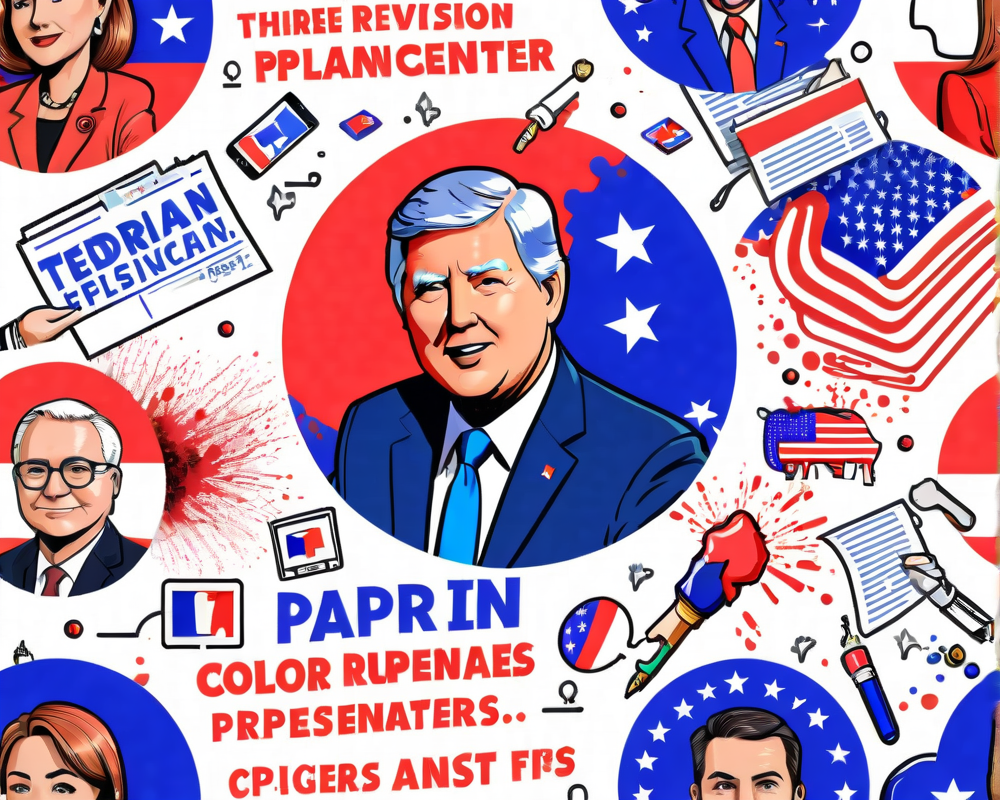Congressional Concern Over Digital Asset Regulation
In an unexpected turn of events reminiscent of days gone by, three Republican representatives have stirred the pot regarding the ongoing regulation of digital assets. Patrick McHenry, Bill Huizenga, and French Hill, members of the United States House of Representatives Financial Services Committee, have taken it upon themselves to write letters to the heads of several key U.S. banking regulatory agencies. The goal? To investigate any possible coordinated campaign against digital businesses thriving in the realm of cryptocurrency.
Letters Sent to Federal Regulators
Dated April 25, the letters were dispatched to some heavy hitters in the financial regulatory scene: FDIC Chair Martin J. Gruenberg, Federal Reserve Chair Jerome Powell, and Michael J. Hsu, Act. Comptroller of the Currency. Each letter contained matching text, though with unique requests for agency documentation. It’s like they all went to the same law school but decided to freestyle their demands!
Echoes of Operation Choke Point
Just when you thought it was over, this latest correspondence harkens back to the Obama Administration’s controversially named Operation Choke Point. This earlier initiative encouraged banks to turn away specific businesses, effectively squeezing innovation. The current letters suggest a shocking resurgence of that trend within the digital asset ecosystem.
OCC Interpretive Letter as Evidence
The lawmakers referenced several key regulatory moves as signs of a coordinated effort to stifle growth in digital assets. They specifically highlighted:
- OCC Interpretive Letter 1179
- FDIC’s letter from April 2022
- Joint statement released by these agencies in January
They argue that the rampant fraud that has been a notorious sore spot in crypto is symptomatic of industry issues, not threats posed by the digital asset activity itself. A bold claim, indeed!
Demand for Non-Public Records
McHenry, Huizenga, and Hill issued a serious call to action—demanding non-public records related to the communications between regulatory employees and the supervised institutions. This hat-tip to transparency could shake the very ground beneath the regulatory bodies if the requests yield crucial data. Are we witnessing a new chapter in the ongoing saga of technological progress vs. regulatory overreach?
Community Reactions and Perspectives
Responses have flowed in from various sectors regarding the lawmakers’ actions. Cody Carbone from the Digital Chamber allocated some social media love by acknowledging the significance of these moves towards transparency, stating, “This is a great step to bring transparency to the ongoing efforts to debank the digital asset ecosystem.”
As the stakes rise, conversations in the realm of crypto regulation continue, leaving many to wonder: is this merely a bump in the road or the precursor to a shaking up of regulatory structures? Only time—and a lot of heated debates—will tell.




